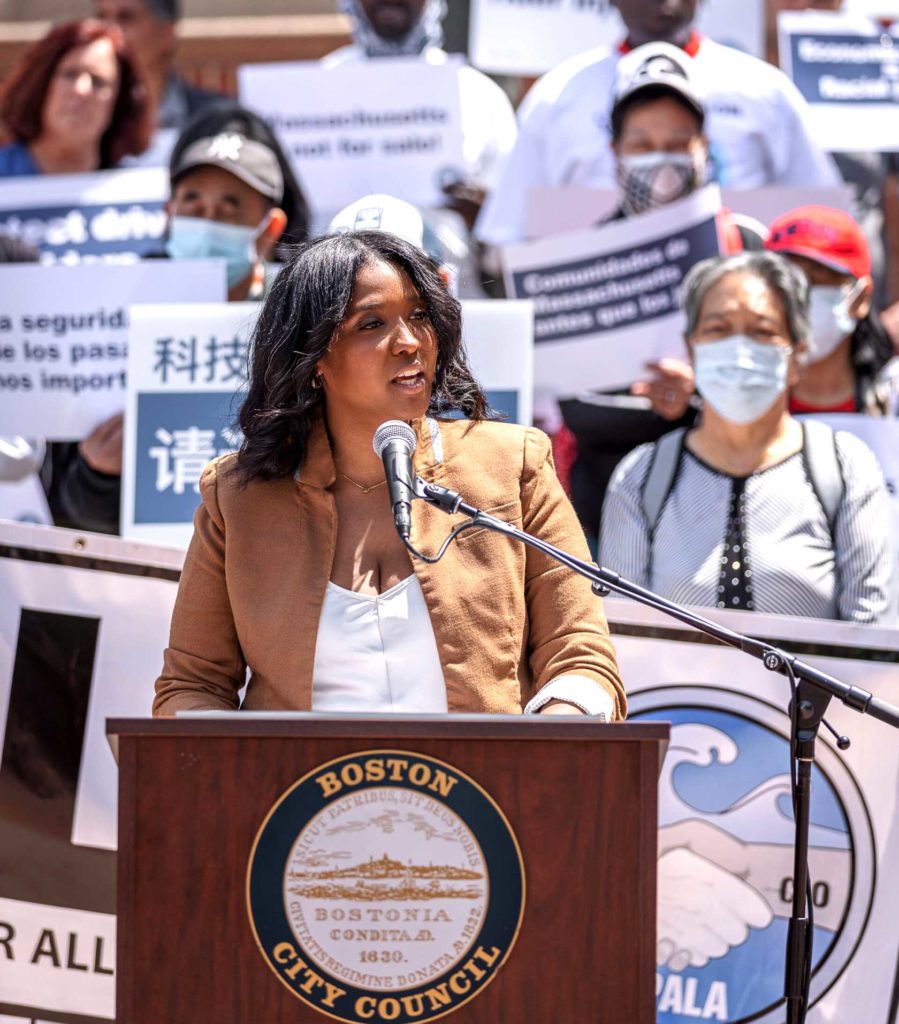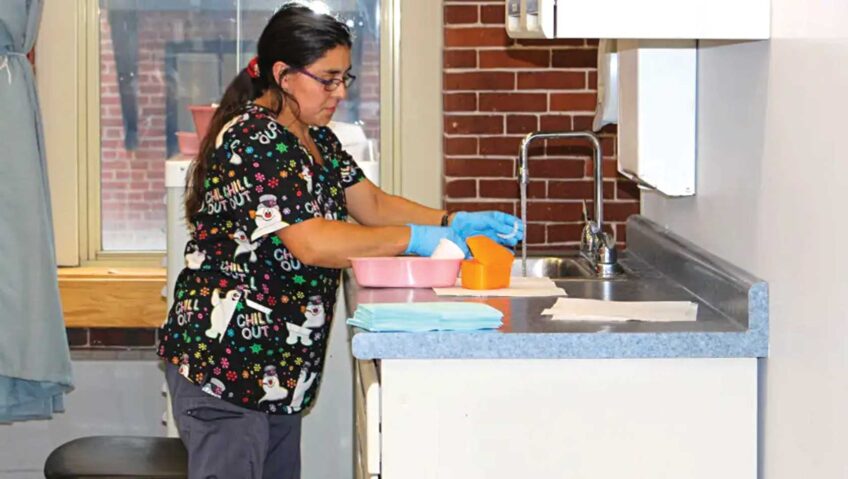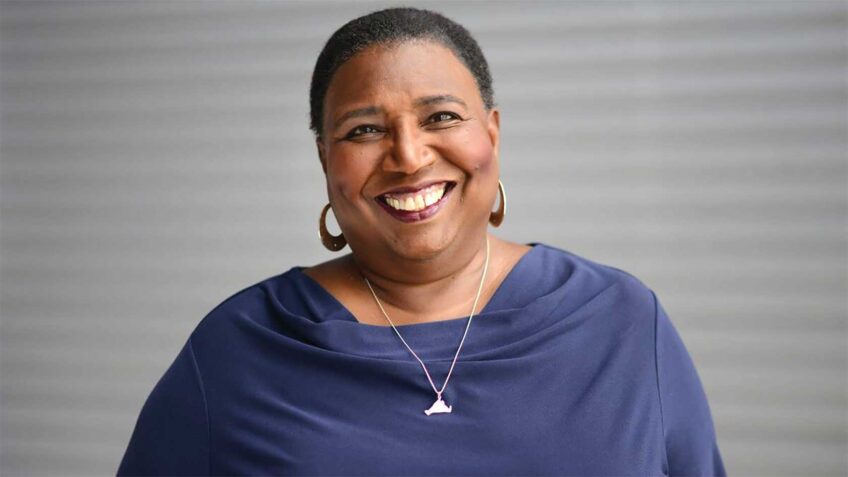
Last Wednesday, the Boston City Council passed a resolution urging Massachusetts residents to oppose a statewide ballot measure that would make app-based drivers for companies like Uber, Lyft and Doordash independent contractors.
The ballot question, which will appear before voters this fall, frames the issue as a matter of maintaining flexibility that many of the drivers have cited as their attraction to the service. The measure, alongside an accompanying house bill, would add some provisions for benefits like health care stipends, a minimum guaranteed wage of $18 per hour and some added accident insurance.
However, opponents claim the measure actually puts drivers at risk for accident liability above maximum coverage provided by companies, while also denying them other employee benefits like insurance and unemployment.
District 6 Councilor Kendra Lara, who proposed the resolution opposing the ballot measure, made it a point Wednesday to highlight the vulnerable communities she said are being taken advantage of by tech giants looking to skimp on employee benefits.
“So when companies like Uber, Lyft and Doordash propose a deceptive ballot question denying employees vital workplace protections, we take it as a direct attack on women, especially working women of color,” Lara said in a rally held outside City Hall preceding the council meeting.
Lara spoke about the increase of women drivers at Uber, which she said saw an 80% increase in the last year, while UberEats saw its number of female drivers double between April 2020 and January 2022. Moreover, at food delivery service Instacart, Lara said, some 600,000 of the companies drivers are women.
She and other councilors made it clear that they don’t believe in the benefits app-based companies claim to be providing.
“Essentially, they’re denying all hope of a workplace where people feel respected, protected and well paid,” Lara said.
To garner support for the measure, corporations have poured almost $17 million into an advertising campaign via television ads promoted by groups such as “Flexibility and Benefits for Massachusetts Drivers,” which has received nearly $14 million from Lyft alone. The campaign poses a “no” vote on the measure as a signing-off on creating set schedules and flat rates for drivers — a scenario that would happen were drivers considered employees.
After testimony has come out of California claiming that wages were slashed and benefits not actualized after a similar measure was passed in 2020, drivers have called out the advertisements as misleading.
“This ballot question says drivers will retain their flexibility, receive benefits, and be paid 100% of minimum wage. It’s more lies,” said Lisa Call, a member of the Massachusetts Independent Drivers Guild.
Moreover, Boston city councilors have also pointed to the companies’ rhetoric as untrue.
“We know that the current advertising campaign is calling into question the idea that if we give folks these rights, if we give them the dignity, the respect they deserve and they expect as workers, that we are harming them by removing their flexibility,” Councilor Riccardo Arroyo said Wednesday. “I just want to be clear that nothing prevents any of these places from offering flexible schedules or flexible working hours.”
Arroyo acknowledged that the measure “makes sure they’re paying into Social Security, that they’re paying into unemployment, that they’re providing civil rights and sexual harassment protections. That they are treating their workers with the respect and dignity they deserve.”
Preceding the council meeting, area elected officials, including Chelsea City Councilor Norieliz DeJesus, Everett City Councilor Stephanie Martins, Malden City Councilor Amanda Linehan and Newton City Councilor Emily Norton joined Lara to condemn the proposal and urge their constituents to oppose the measure.
“Our families are being negatively impacted, and the narrative that is being used to support H. 1234 and the 2022 state ballot initiative is misleading,” DeJesus said. “Our families need to be recognized as employees, with all employee benefits.”
Debate is set to continue in coming months as Democratic lawmakers continue to push back against the powerful tech companies and drivers struggle under rising inflation and uncertainty.






